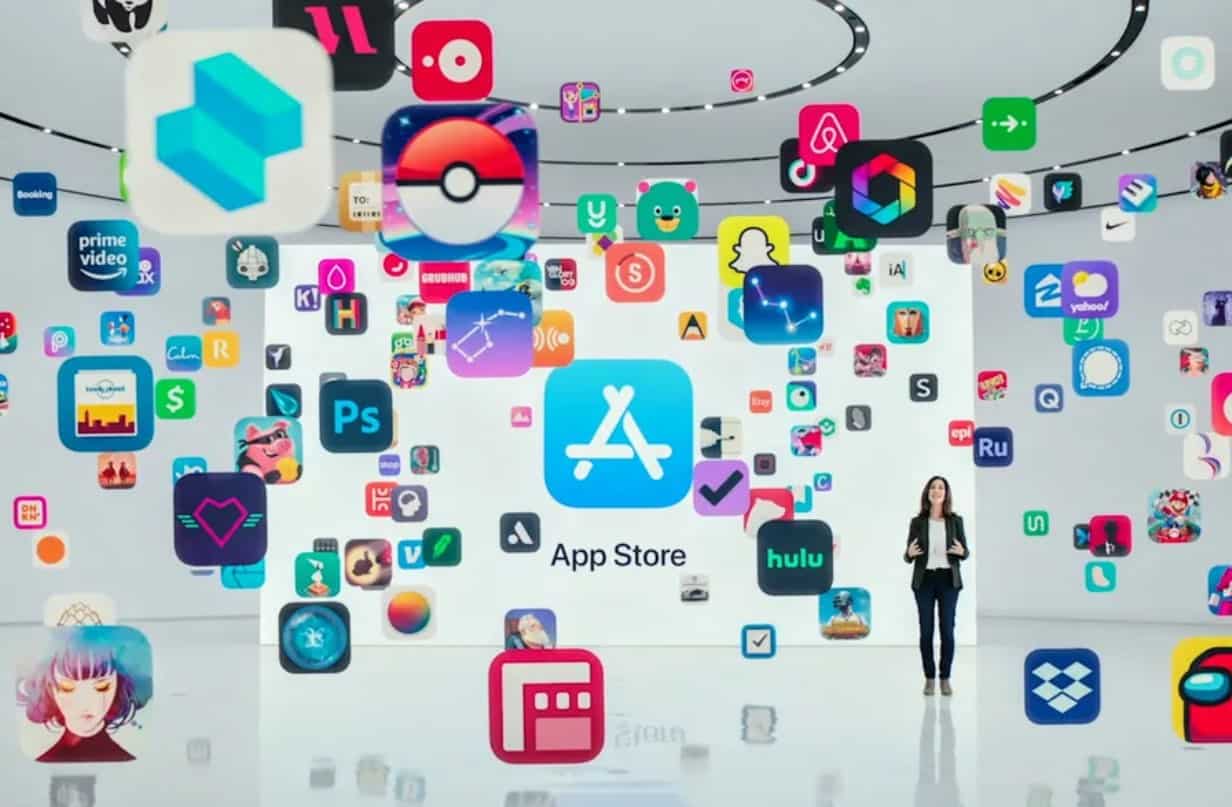In 2019, facing down extensive investigations by The Wall Street Journal and The New York Times that showed Apple’s App Store clearly and consistently ranking its own apps ahead of competitors, Apple claimed it had done nothing wrong — a secret algorithm containing 42 different variables was working as intended, top executives told the Times, insisting that Apple doesn’t manually alter search results.
Why do I bring this up? An intriguing email chain has surfaced during the Epic v. Apple trial where it sure looks like Apple did the exact opposite — seemingly admitting it manually boosted the ranking of its own Files app ahead of the competition for 11 entire months.
“We are removing the manual boost and the search results should be more relevant now,” wrote Apple app search lead Debankur Naskar, after the company was confronted by Epic Games CEO Tim Sweeney over Apple’s Files app showing up first when searching for Dropbox. “Dropbox wasn’t even visible on the first page [of search results],” Sweeney wrote. You can read the whole email chain embedded a little ways below.
As you’ll see, Naskar suggested that Files had been intentionally boosted for that exact search result during the “last WWDC.” That would have been WWDC 2017, nearly a year earlier, when the Files apps first debuted.
The email chain actually reflects fairly well on Apple overall. Apple’s Matt Fischer (VP of the App Store) clearly objects to the idea at first. “[W]ho green lit putting the Files app above Dropbox in organic search results? I didn’t know we did that, and I don’t think we should,” he says. But he does end the conversation with “In the future, I want any similar requests to come to me for review/approval,” suggesting that he’s not entirely ruling out manual overrides.
But Apple tells The Verge that what we think we’re seeing in these emails isn’t quite accurate. While Apple didn’t challenge the idea that Files was unfairly ranked over Dropbox, the company says the reality was a simple mistake: the Files app had a Dropbox integration, so Apple put “Dropbox” into the app’s metadata, and it was automatically ranked higher for “Dropbox” searches as a result.
I’m slightly skeptical of that explanation — partially because it doesn’t line up with what Naskar suggests in the email, partially because Apple also told me it immediately fixed the error (despite it apparently continuing to exist for 11 months, hardly immediate), and partially because the company repeatedly ignored my questions about whether this has ever happened with other apps before.
The most Apple would tell me is that it didn’t manually boost Files over competitors, and that “we do not advantage our apps over those of any developer or competitor” as a general rule.
But honestly, it may not matter whether Apple manually boosted its own apps or not. What matters is the result: for 11 months, Apple’s new Files app owned exact searches for its competitor Dropbox, a company Steve Jobs reportedly swore he would kill off, and it took the CEO of a prominent Apple partner emailing the company before Apple did something about it. And based on The Wall Street Journal’s investigation, Apple may not have done much: the Files app still ranked #1 in the App Store for cloud storage in June 2018, a month after this email chain was resolved, according to an infographic that accompanied the WSJ story.
Besides, the distinction between a “manual” boost and any other kind of boost may be purely academic. Algorithms are written by people, after all. If Apple can build a 42-factor algorithm that gives its own apps favorable results, why would it need to override that algorithm and risk its emails getting caught up in a lawsuit years from now?
It could just tweak that algorithm at will — which is exactly what it did to resolve the WSJ and NYT’s scrutiny two years ago. It only took a single engineer to change the algorithm in July 2019, according to the Times, and Apple’s own apps immediately fell in App Store rankings. But that time, executives said the previous formula wasn’t a mistake. Apple simply wanted to make it look less like its own apps were getting special treatment. So it “improved” the algorithm to achieve the new result it wanted.
Apple provided this statement:
We created the App Store to be a safe and trusted place for customers to discover and download apps, and a great business opportunity for all developers. App Store Search has only one goal — to get customers what they are looking for. We do that in a way that is fair to all developers and we do not advantage our apps over those of any developer or competitor. Today, developers have many options for distributing their apps and that’s why we work hard to make it easy, fair and a great opportunity for them to develop apps for our customers around the world.

